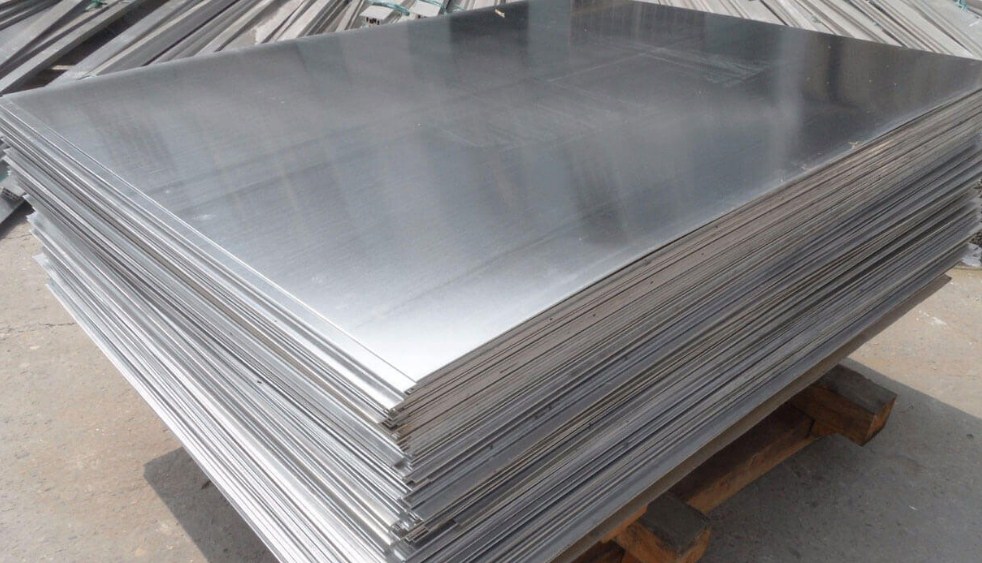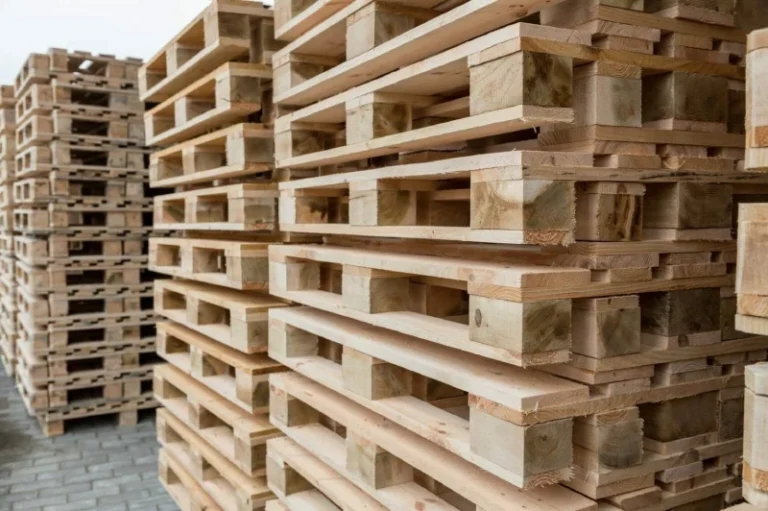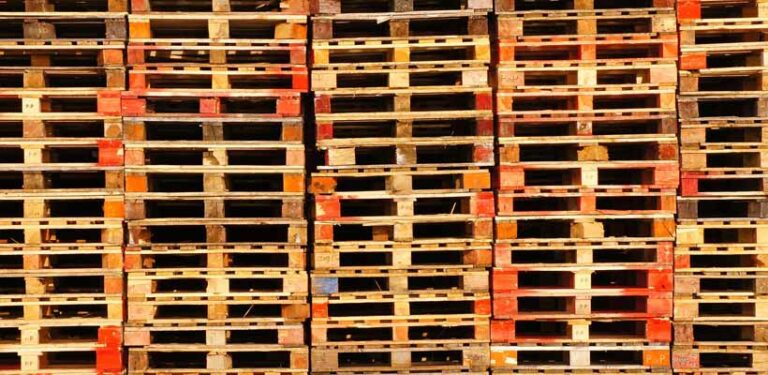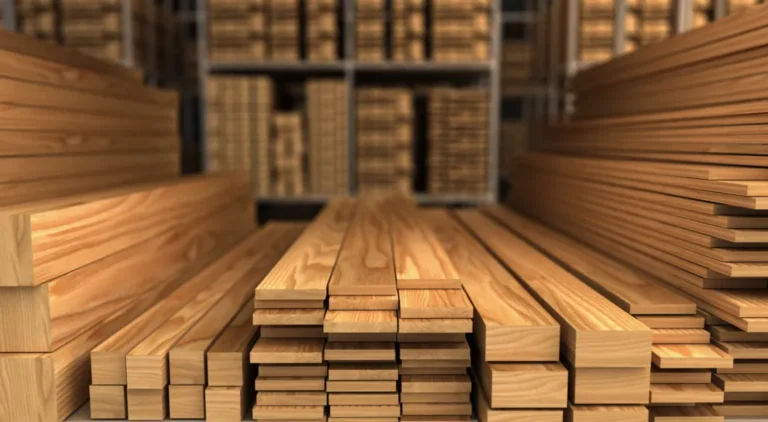
questinternational /
August 5, 2025
The Rising Demand for Aluminum Products in Qatar’s Construction and Industrial Sector

Qatar’s construction and industrial sectors are undergoing a remarkable transformation fueled by ambitious infrastructure projects, sustainable development goals, and rapid urban expansion. At the heart of this transformation lies aluminum—a versatile, lightweight, and durable metal that’s quickly becoming the material of choice for builders, engineers, and manufacturers across the country.
From high-rise towers and stadiums to industrial plants and transportation systems, aluminum plays a critical role in shaping Qatar’s modern architectural identity. Its strength, resistance to corrosion, and recyclability make it the ideal material for the nation’s drive toward energy efficiency and sustainability.
Why Aluminum Is Gaining Popularity in Qatar
1. Strength, Durability, and Flexibility
Aluminum combines lightweight properties with impressive strength, allowing architects and engineers to design bold and innovative structures without compromising on stability. It withstands Qatar’s harsh weather conditions—heat, humidity, and sand—making it perfect for both indoor and outdoor applications.
2. Corrosion Resistance in Extreme Climates
Qatar’s desert climate poses challenges to many materials, but aluminum’s natural oxide layer acts as a shield against rust and corrosion. This makes it ideal for use in façades, cladding, roofing systems, and marine environments, where durability and long-term aesthetics are essential.
3. Sustainability and Recyclability
As Qatar moves toward Vision 2030 and a greener industrial economy, aluminum stands out as one of the most sustainable metals available. It’s 100% recyclable without losing strength or quality, significantly reducing energy consumption and carbon emissions compared to producing new metal.
4. Modern Aesthetic Appeal
Aluminum’s sleek and modern finish has made it a favorite for architectural design and interior décor. From elegant window frames and curtain walls to intricate decorative panels, aluminum adds both functionality and beauty to modern Qatari developments.
5. Local Manufacturing and Supply Growth
The expansion of Qatar’s industrial capabilities, particularly through local extrusion plants and fabrication facilities, has increased access to high-quality aluminum products. This local manufacturing strength supports faster delivery times, reduced costs, and greater customization options for businesses.
Applications of Aluminum in Qatar’s Construction and Industrial Sectors
1. Building and Architecture
Aluminum is used extensively in building facades, doors, windows, roofing, curtain walls, and handrails. Its ability to be molded into any shape allows architects to bring innovative designs to life while maintaining energy efficiency through thermal insulation and reflective coatings.
2. Infrastructure and Public Projects
In major infrastructure developments like airports, stadiums, and metro stations, aluminum plays a pivotal role. Its lightweight nature reduces the load on supporting structures, while its durability ensures longevity—key for Qatar’s large-scale public investments.
3. Industrial Manufacturing
In the industrial sector, aluminum is a go-to material for machinery, storage systems, pipes, and enclosures. Its resistance to corrosion and ability to dissipate heat efficiently make it suitable for oil and gas, manufacturing, and power generation industries.
4. Transportation and Logistics
Aluminum’s low weight makes it essential for vehicle bodies, cargo containers, and transport components. Reducing the overall vehicle weight leads to better fuel efficiency and lower emissions, aligning with Qatar’s sustainability initiatives.
5. Energy and Renewable Projects
As Qatar diversifies its energy portfolio, aluminum components are increasingly used in solar panel frames, wind turbines, and power transmission systems—combining strength, flexibility, and weather resistance.
Economic and Environmental Benefits
The rising adoption of aluminum brings dual advantages to Qatar’s economy and environment:
-
Cost Efficiency: Although initial fabrication costs can be higher than steel, aluminum’s longevity and low maintenance requirements make it more cost-effective in the long run.
-
Energy Efficiency: Aluminum structures improve insulation and energy conservation in buildings, contributing to Qatar’s push toward green construction practices.
-
Job Creation and Local Industry Growth: The growth of aluminum manufacturing plants fosters local employment and reduces reliance on imports, strengthening Qatar’s industrial independence.
Trends Driving the Future of Aluminum in Qatar
-
Smart Cities and Sustainable Architecture – As Doha and Lusail adopt smart infrastructure, aluminum is integral to energy-efficient designs, solar shading systems, and modular construction.
-
Prefabrication and Modular Construction – Aluminum’s lightweight nature supports prefabricated building systems, cutting down construction time and waste.
-
Industrial Diversification – Aluminum demand is expanding beyond construction into automotive, marine, and aerospace applications.
-
Government-Led Sustainability Initiatives – With increasing focus on green building certifications (GSAS, LEED), aluminum products are key contributors to environmentally compliant structures.
Conclusion:
The surge in demand for aluminum across Qatar reflects more than just a construction trend—it represents a strategic shift toward sustainable, efficient, and future-ready industries. As Qatar continues to invest in smart infrastructure, industrial manufacturing, and sustainable urban development, aluminum will remain a cornerstone material supporting this growth. With its unmatched blend of durability, recyclability, and design versatility, aluminum is set to shape the skyline and the industrial backbone of modern Qatar for decades to come.
Quest International proudly supplies premium-quality aluminum sheets and coils in Qatar, catering to the needs of the construction and industrial sectors.
Related Posts
August 25, 2025
June 19, 2025
May 24, 2025


